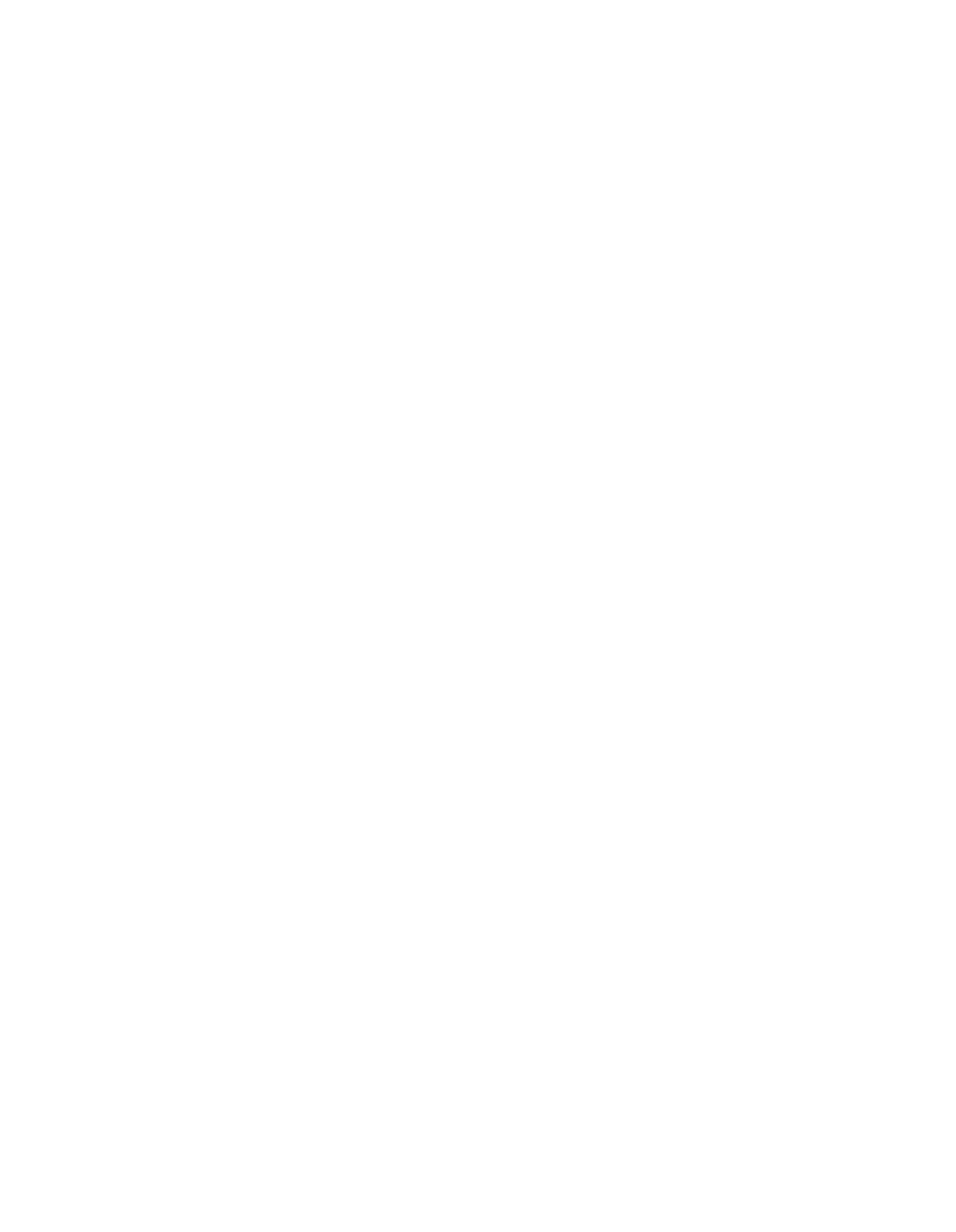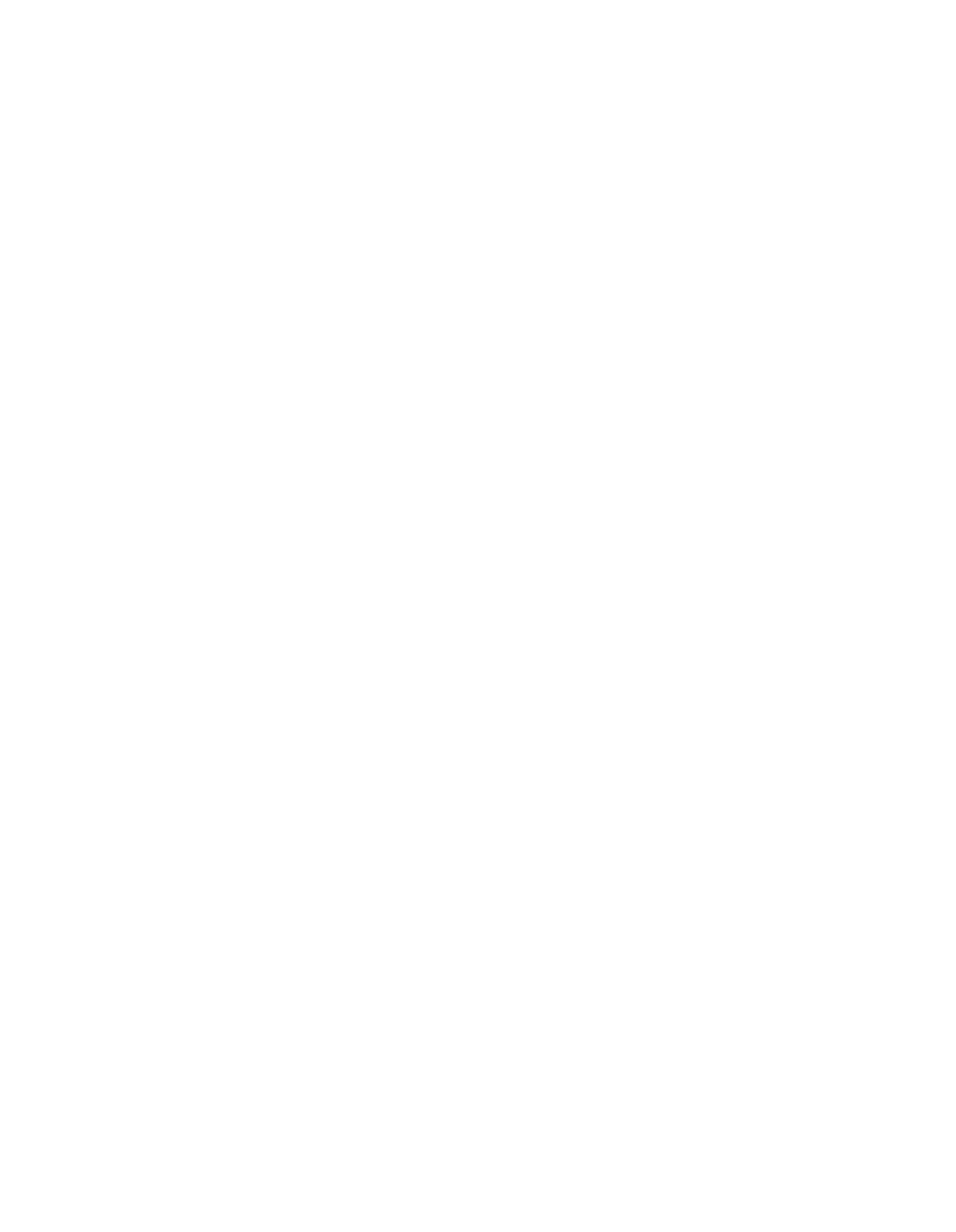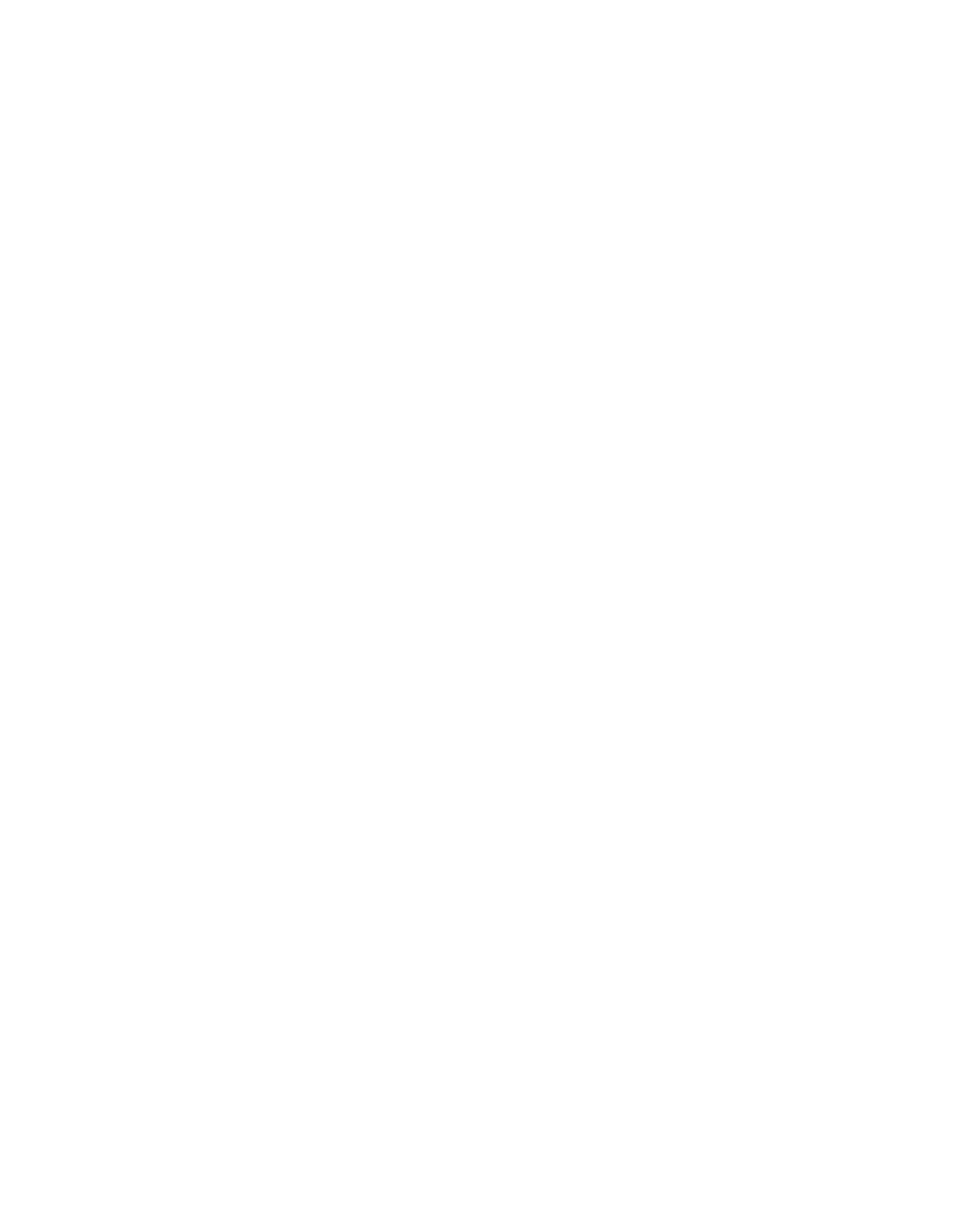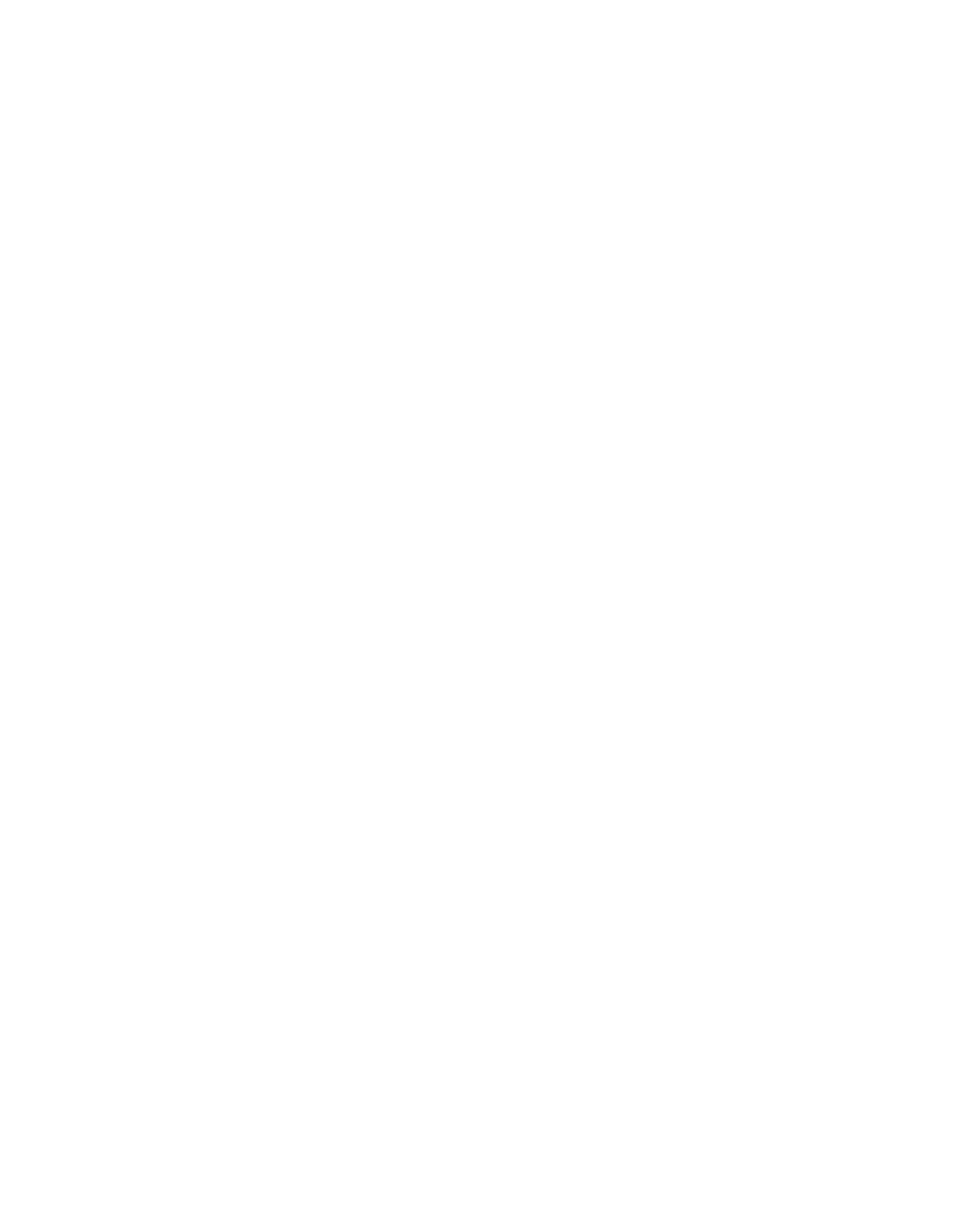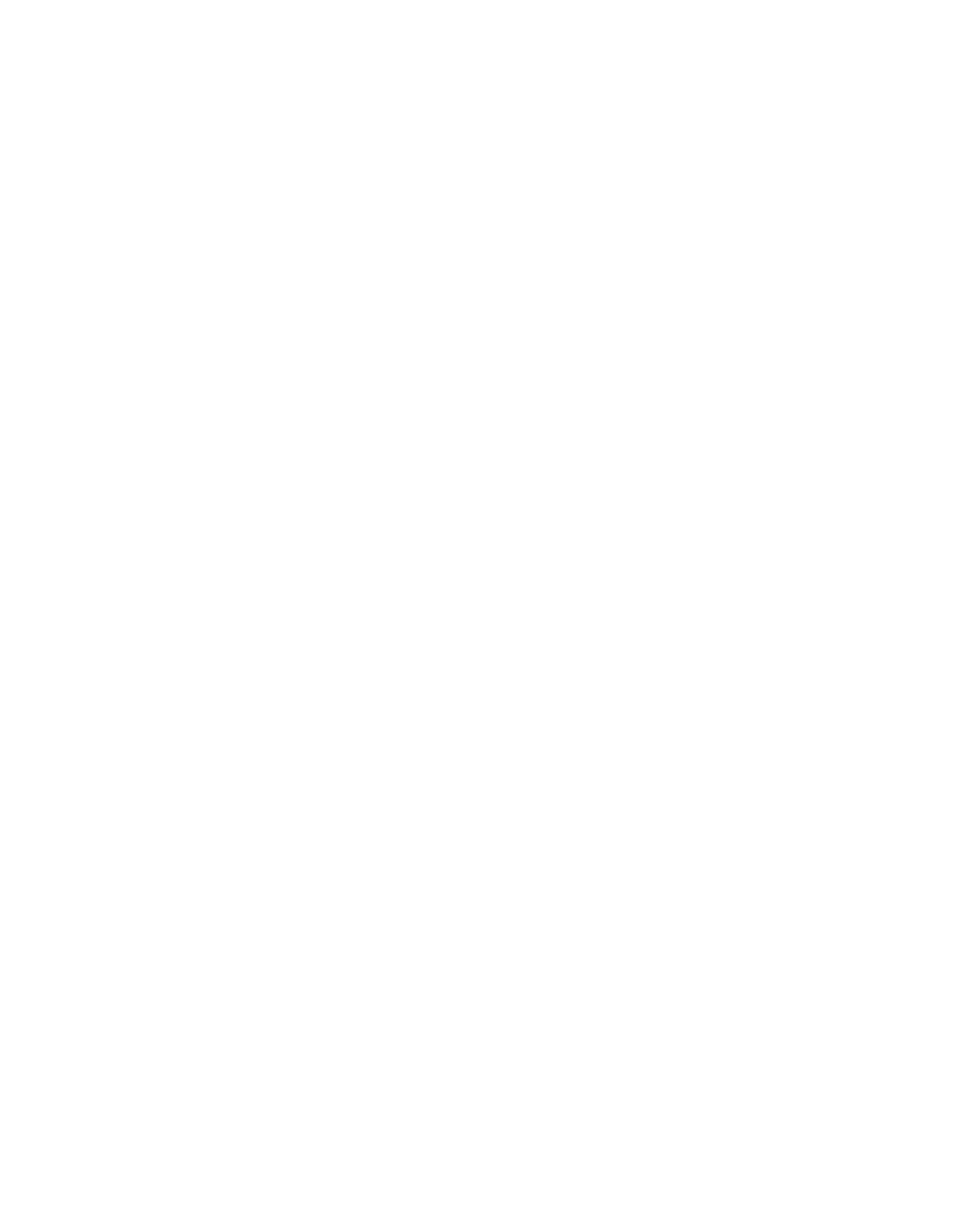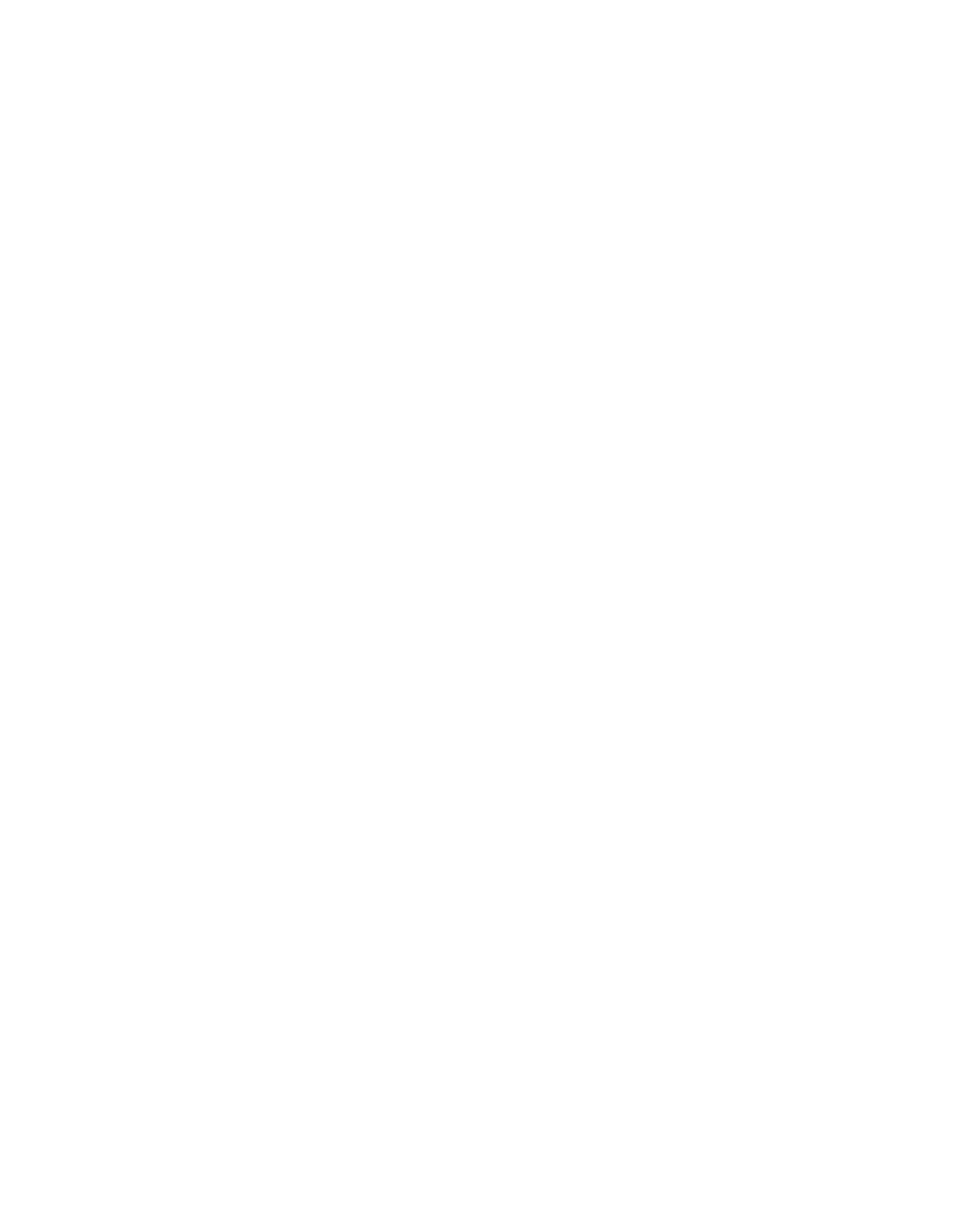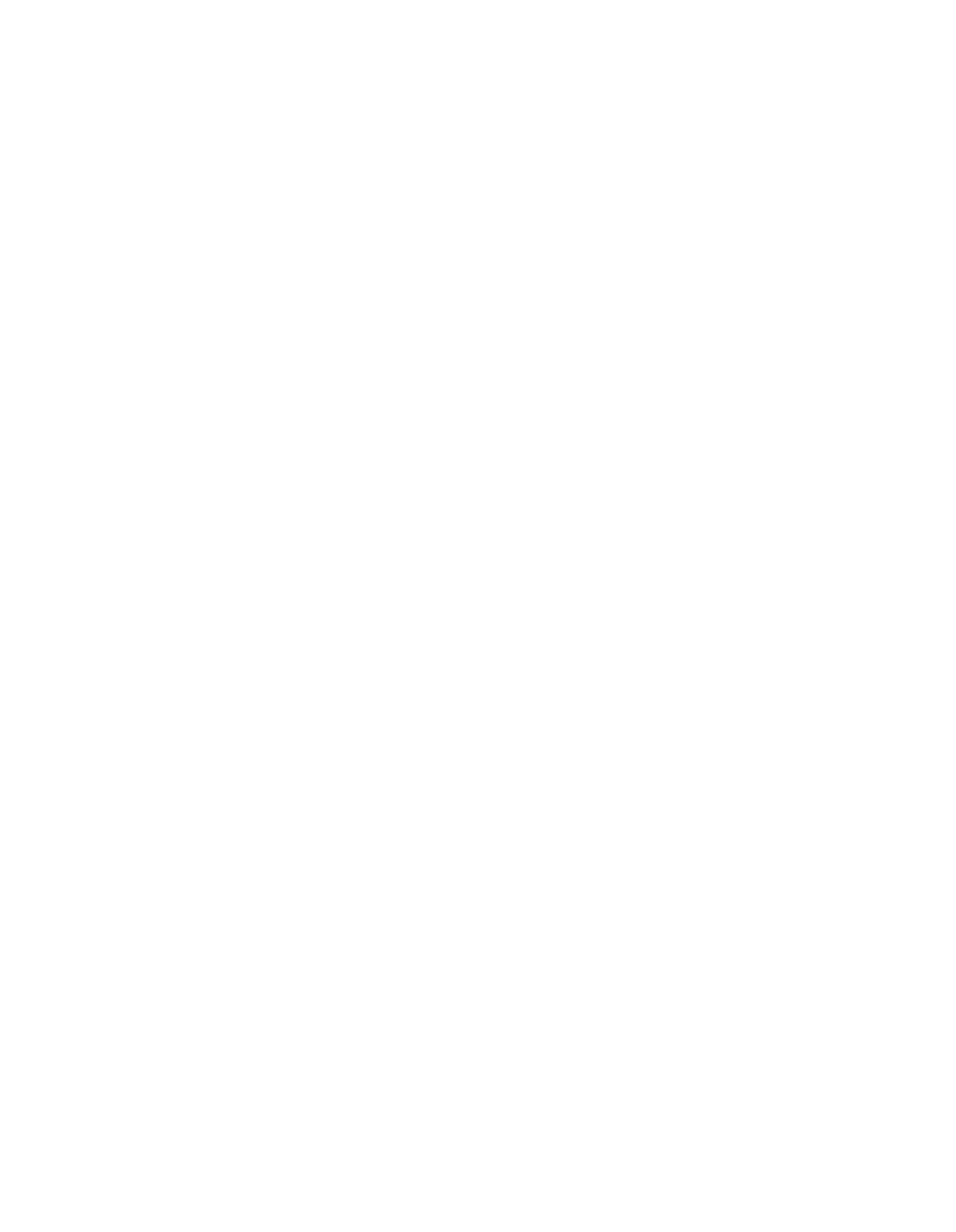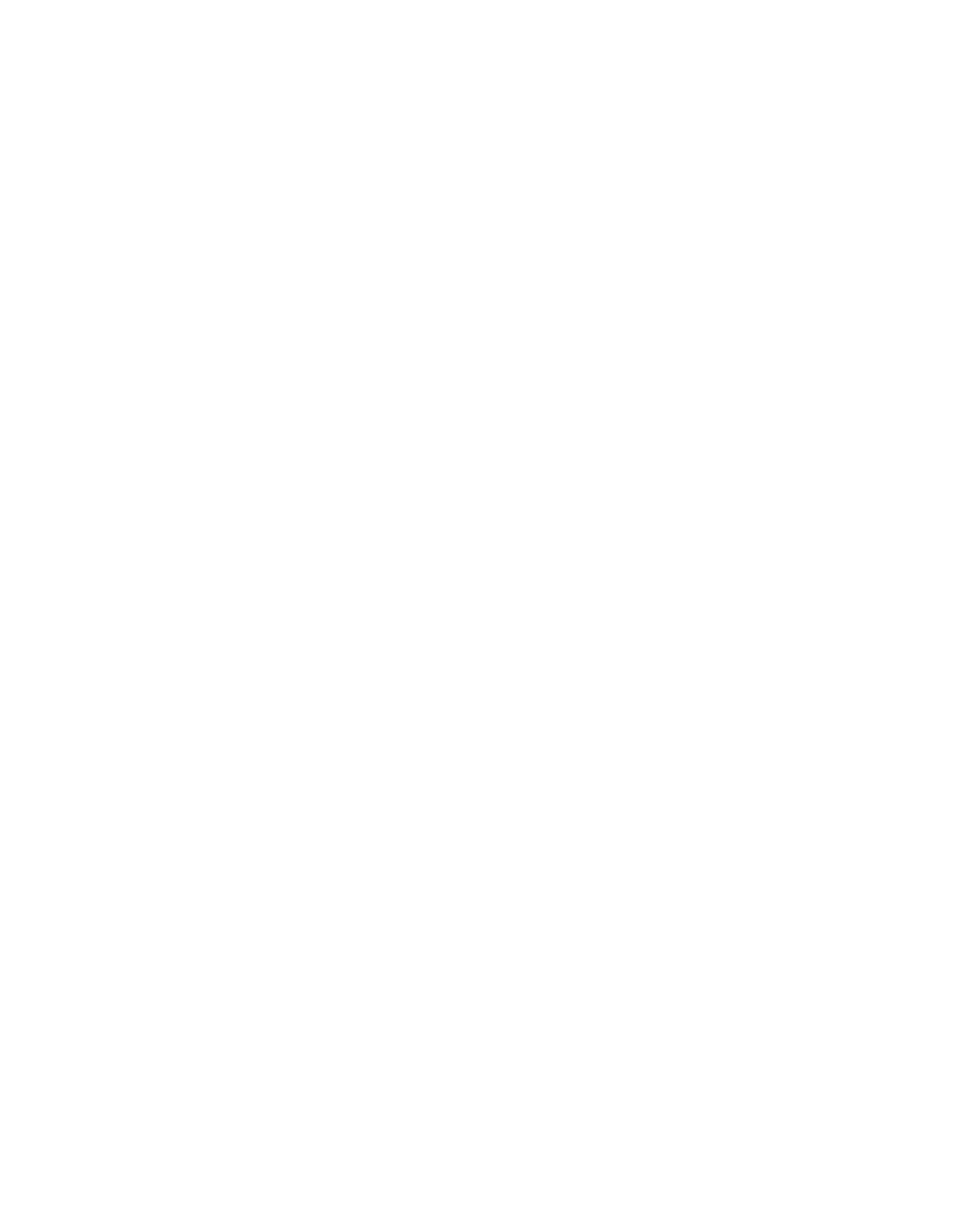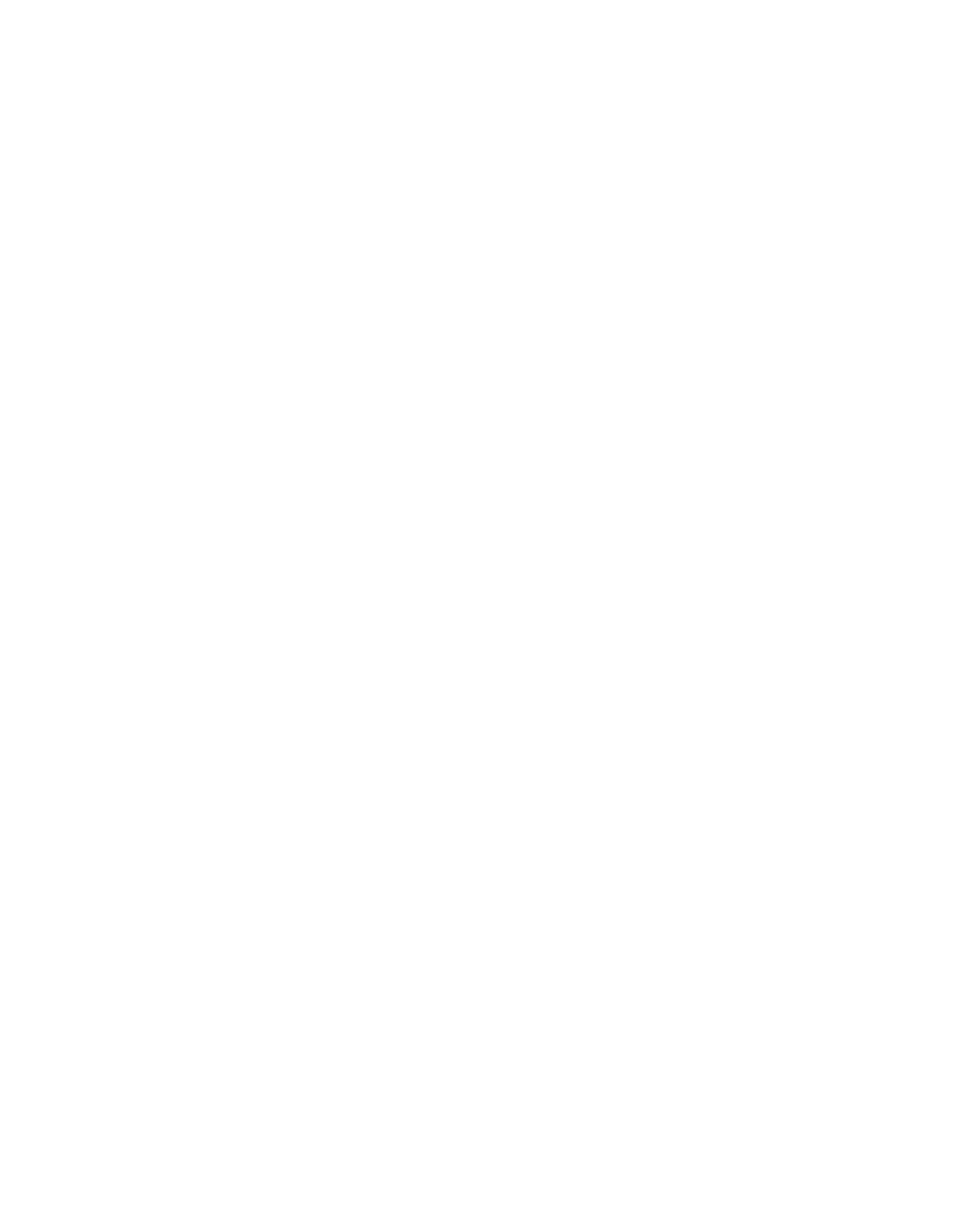RECE~V~D
CLERK’S OFFICE
BEFORE THE ILLINOIS POLLUTION CONTROL
BOAJIW
IN THE MATTER OF:
)
STATE
OF ILUNOIS
)
Pollution Control Board
PETITION OF SCHAEFER
ENTERPRISES
)
OF WOLF LAKE, INC.
)
FOR ADJUSTED
STANDARD FROM
)
AS
~OO~
-C~Z)
~
35 ILL. ADM. CODE SECTION
)
(Adjusted Standard)
848.202(b)(5).
)
NOTICE OF FILING
TO:
Pollution
Control Board
Attention: Clerk
100 West Randolph Street
James R.
Thompson Center
Suite 11-500
Chicago, IL 60601-3218
YOU ARE HEREBY NOTIFIED that on the
2lday ofMarch, 2005, I have forwarded
to Dorothy M. Gunn, Clerk, Illinois Pollution Control Board, 100
W.
Randolph Street, Suite 11-
500, Chicago, IL 60601, an original
and nine copies of Petition for an Adjustment
to Tire
Processing Requirement of 35
Ill.Adm. Code Section 848.202(b)(5) in the above-entitled cause.
A copy ofsaid Petition for an Adjustment
to Tire Processing Requirement of 35
Ill.Adm. Code
Section 848.202(b)(5) is attached hereto and provided herewith.
GOLDENBERG, MILLER, HELLER
& ANTOGNOLI, P.C.
By:___________
ebra J. Meadows, #86185660
2227
South State Route
157
P.O. Box 995
Edwardsville, IL 62025
(618)
656-5150
PRINTED
ON RECYCLED PAPER
BEFORE
THE ILLINOIS POLLUTION CONTROL BOARD
CLERK’S OFFICE
IN THE
MATTER OF:
)
~‘4A~?
24
2005
)
STATE
OF ILLIN0~S
PETITION OF SCHAEFER
ENTERPRISES
)
Pollution
Control Board
OF WOLF LAKE, INC.
)
)
AS
FOR ADJUSTED STANDARD
FROM
)
(Adjusted Standard)
35 ILL. ADM. CODE SECTION
)
848.202(b)(5)
)
PETITION FOR AN ADJUSTMENT TO
TIRE PROCESSING
REQUIREMENT
OF 35 ILL.ADM. CODE
SECTION 848.202(b)
(5)
COMES NOW the Petitioner, Schaefer Enterprises of WolfLake, Inc., by and through its
attorneys Debra J. Meadows
and Goldenberg, Miller,
Heller & Antognoli, P.C.,
and petitions the
Illinois Pollution Control Board (the Board), pursuant to Section
28.1 ofthe Illinois Environmental
Protection Act,
415
ILCS 5/28.1,
and the Board’sprocedural rules
(35
Ill. Adm. Code
101 et seq.),
and for its Petition for Adjusted Standard from 35 Ill.
Adm. Code
848.202(b)(5)1.
A.
Standard From Which Adjusted Standard is Sought.
Schaefer requests
an adjusted standard from the Board’s
14-day dry storage limitation for
used and waste tires found at 35
Ill. Adm.
Code 848.202(b)(5), which provides as follows:
Section
848.202 Requirements...
135
Ill. Adm.
Code 848.202(b)(5) was amended
at 16111. Reg. 3114,
effective February
14,
1992.
THIS FILING IS ON RECYCLED PAPER
1
(b)
At sites at which more than 50 used orwaste tires are located
the
owner
or
operator
shall
comply
with
the
following
requirements:
(5)
Used or waste tires received at the
site shall not be
stored
unless within
14 days after the receipt of any
used
tire
the
used
tire
is
altered,
reprocessed,
converted,
covered
or
otherwise
prevented
from
accumulatingwater. All used and waste tires received
at
the
site
before
June
1,
1989,
shall
be
altered,
reprocessed,
converted,
covered
or
otherwise
prevented
from
accumulating
water
by
January
1,
1992.
B.
Statement ofApplicability
The regulation ofgeneral applicability atissue was not promulgatedtoimplenient, in whole
or in part, the requirements ofthe Clean Water Act (33 U.S.C.
1251 et seq. (1988)), Safe Drinking
Water Act (42 U.S.C. 300(f) et seq. (1988)), Clean AirAct (42 U.S.C.
7401
et seq. (1988)), orthe
state programs
concerning the Resource Conservation and
Recovery Act (RCRA),
Underground
Injection Control
(UTC), or the National Pollutant Discharge Elimination System (NIPDES).
C.
Level
of Justification
and
other
Information
or Requirements Necessary
for An
Adjusted Standard.
The regulation of general
applicability
does not
specify a
level of justification
or other
requirements.
The level ofjustification specified in Section 28.1(c) ofthe Illinois Environmental
Protection
Act states
that the Board may grant individual adjusted standards whenever the Board
determines,
upon adequate proof by petitioner, that
(1) the factors
relating to
the petitioner are
substantially
and significantly different from the factors relied upon by the Board in adopting the
general regulation applicable to that petitioner;
(2) theexistence ofthose factorsjustifies
an adjusted
standard;
(3) the requested standard will not result in environmental or health effects substantially
2
and
significantly more adverse than the effects considered by the Board
in adopting the rule of
general
applicability;
and (4) the adjusted standard is
consistent with any applicable
federal
law.
D.
Description ofPetitioner’s Activity.
Schaefer Enterprises ofWolfLake, Inc.
(Schaefer Enterprises)
is located in Union County,
Illinois and has been engaged in the business ofbuying and selling salvage equipment and used and
reconditionedparts for thirty-eight (38) years.
The business is owned and operated by the Schaefer
Family Corporation.
Schaefer Enterprises currently employs forty three (43) full-time employees
and, during the last calendaryear, served approximately tenthousand (10,000) customers~Schaefer’s
customers are dealers and end-users ofprimarily construction and logging equipment.
As a salvagebusiness, SchaeferEnterprise’s customersoftenpurchase~inexpenesparetires
for various
purposes regarding
the transportation
and/or repair of machinery
and
construction
equipment.
As
a result, thebusiness storesmanytires on their rims due to their weight and bulk.
It
is difficult for employees to handle the tires after theyorthe equipment on which they aremounted
have been burned, submerged under water, or corroded by the elements.
Consequently, employees
handle the tires as little as possible until they learn how the tires will be sold.
Schaefer Enterprises is registered with theIllinois Environmental Protection Agency (EPA)
as a tire site with a maximum of 450 used or waste tires present at any one time.
In this Petition,
Schaefer Enterprises hereby requests
that
the Board
grant
an
adjustment
from
the dry storage
3
requirement imposed by Section
848.202(b)(5).
Instead, Schaefer Enterprises requests
that it be
allowed
to treat its tires with
a larvicide approved by the EPA, pursuant to
Section 848.205.2
B.
Efforts Necessary to
Comply.
Due
to
the
long
inventory
cycle
in
the
salvage
business
and
long-term
useful
life of
construction equipment, Schaefer often stores inventory for long periods oftime.
For this reason,
compliance with Section 848.202(b)(5) leaves the Petitionerwith only one alternative: constmctinga
facility large enough to store all tires, which are larger than average, in its possession.
Thebusiness
is
located
in
a
flood
plain.
The estimated overall
capital costs
would
exceed
$80,000,
and
the
annualizedcapital and operating costs would total about $6,000. The cost ofconstructingthefacility
is increased by required compliance with regulations governing constructi~n~iirflood~piains.
These
costs
make it impracticable for Petitioner to undertake such construction.
Instead ofrequiringthat Schaefer maintain dry storage forall tiresheld forover fourteen (14)
days, the sameeffect would be reached by treatmentofsaidtheswith EPA-approved larvicide.
Such
larvicides are non-hazardous and have negligible environmental
impact.
F.
Proposed Adjusted Standard.
The Petitionerproposes the following adjustedstandard for hTclusionin theBoard’s order in
this matter:
Schaefer Enterprises of WolfLake, Inc. Used Repair Parts and Tire Storage
Site.
235
Ill.
Adm.
Code 848.205 was amended at 16 Ill.
Reg.
3114, effective February
14,
1992.
4
For a site owned and operated by SchaeferEnterprises ofWolfLake, Inc. located at Highway
3, P.O. Box
136, WolfLake, IL 62998, the scope ofexemption and alternate management standards
applied to that facility are as follows:
a)
Scope of Exemption.
1)
Schaefer Enterprises ofWolfLake, Inc.
may exclude from the cost estimate
under Section 848.404 the cost ofremoving all tirespurchased forrepair and
resale at the site.
b)
Alternative Management Standards.
As partofthe contingency planrequirements of
Section
848.203, Schaefer Enterprises of WolfLake, Inc. shall:
1)
Within
90
days after the effective
date of these
regulations
develop and
implement a tire
storage plan
to
minimize
the threat of fire
and mosquito
breeding.
Such a plan shall include, but is not to be limited to, tire storage
arrangements and mosquito inspection
and control.
2)
Request and submit to the Agency a statement from the Illinois Department
of Public
Health
that
the program
developed
under
subsection
(c)(1)
is
adequate to control mosquito larvae and pupae; except that, ifthe Department
has not
sent a
statement within
45
days after receipt of the request, such
statement
need
not
be
submitted
and
the
Agency
shall
make
such
a
determination.
Schaefer Enterprises ofWolf Lake, Inc.
has the burden of
demonstrating
that
the
threat of mosquito
breeding has
been
minimized.
Requests for such statements ofdetermination shall be sent to:
Division ofEnvironmental Health
Office of Health Protection
Illinois Departmentof Public Health
525
W. Jefferson Street
Springfield, Illinois 62761
This standard would exempt Schaefer Enterprises ofWolf Lake, Inc.
from
the 14 day tire
storage limitation and aisle spacing requirements forthose tires ofa size and
intended usewhich-was
not envisionedin formulating therequirements ofthis Part and forwhich the management standards
5
are not amenable.
Instead, SchaeferEnterprises ofWolfLake, Inc. would follow approved alternate
management standards.
G.
Impact on the Environment.
Petitioner submits that no difference exists between thequantitativeandquaiitati~eiinpact
of
Petitioner’s activity on the environment if petitioner were to comply with the regulation of general
applicability as compared to that under the proposedadjusted standard.
Ifsuch a difference exists, it
is negligible.
If petitioner were
to
somehow
comply
with
the
14
day
tire
storage
limitation
of
35
Ill.Adm.Code
848.206(b)
(and
petitioner maintains
that
is
infeasible),
all
tires
on
petitioner’s
property would necessarily be brought under cover.
Covered as such they would be dry and pose
little threat of mosquito infestation.
However, Schaefer Enterprises cannot cover the tires without
incurring unreasonably high expenses. Ifthe petitioner attempted to cover thetireswith tarpaulins in
order to keep them drythis would be ineffectual.
These tarps would allow rain water to seep inside
and the moisture would cause mosquito larvae to hatch.
Schaefer Enterprises therefore decided to
examine other ways to comply with the regulations.
The petitioner had placed rock saltin the tires to eliminate breeding ofmosquitoes but upon
being advisedby the EPAthat this was not an approvedpractice this practice was stopped.
Schaefer
Enterprises works to minimize the amount ofwater accumulating in the tires by stacking the larger
tires on the bottom in a “pyramid” effect.
This minimizes the amount ofwatercaught in the tires and
also effectively blocks dirt and/or organic matter from blowing into the tires.
6
Schaefer Enterprises believes that if it were to cover the tires with a tarpaulin to keep them
drythis would be ineffectual.
It is believed that waterwould accumulate on top ofthe tarpaulin and
rainwater would also seep
inside allowing moisture for hatching of mosquito larvae.
Schaefer Enterprises cannot construct a suitable closed end building for its
largest tires.
A
building large enough and strong enough to house these tires would be prohibitively expensive to
build.
The
estimated
over
all
capitol
costs
for
constructing
such
a
building
would
exceed
$80,000.00.
Such a cost is not justified when the alternative to cover is merely to treat the tire with
an approved pesticide.
Moreover,
moving the tires indoors
may have an
unexpected
cost.
Bringing these tires
indoors would
make it more difficult to
fight a fire should one occur.
Maneuvering inside of a
building to fight fires is dangerous.
Thepossibility ofbeing trappedby tight spaces, and the lack of
access for hoses and equipment would make it very dangerous.
An
approved pesticide
would
be
used on
the day of the receipt
of the
tire
to
prevent
mosquito’s infestation.
In addition, the owner/operator would inspectthe tires monthly to ascertain
whether mosquito larvae are present.
Ifso, thetires would againbe treated orsprayed in compliance
with
the
regulations.
The threat of mosquitos
infestation would
be minimized.
This
does not
constitute the continuous orongoing use ofpesticides asthe application would only takeplace after
inspection revealed a problem.
It should also be notedthat a threat formosquitos lasts only during a
few months ofthe year when temperatures are high enough for incubation.
An expensive building
for storage would give no advantage during spring and winter months.
Petitioner submits that under theproposed adjustedstandard the threat to the environn’ient is
no greater than under the regulation ofgeneral applicability.
7
H.
Justification ofthe Proposed Standard.
As
discussed above
in paragraph
B,
the use of pesticide pursuant
to
35
Ill.
Adm.
Code
848.205 will ensure that the requested standard willmeet the needs created by the Board in adopting
the rule of general applicability.
Ceasing Petitioner’s business in the area ofsalvagingused and damaged tires would
in factbe
contrary
to
the
Illinois
Environmental
Protection
Act’s purpose of ensuring
the
collection
and
beneficial use ofused tires.
415 ILCS
5/53(b)(1).
Title
XIV,
Used
Tires, of the Environmental Protection
Act was
enacted
to
prevent the
accumulation ofused and waste tires, unmanaged used and waste tire sites, and theresulting threat to
the
public
health
posed by
providing
a
habitat
for a
disease-spreading
mosquitoes
and
other
organisms.
415 ILCS
5/53(l)(2-4).
Petitioner is along-standing, respected business organization
which is regularly monitored by the Illinois Environmental Protection Agency.
It is in no way the
type of“dumping site” the Act seeks to prevent.
hi its use ofapproved pesticide pursuant to 35 Ill.
Adm.
Code 848.205, theconcern ofinfestation is nullified.
GrantingPetitioneran adjusted standard
will not defeat the purpose ofTitle XIV.
In fact, the same finding states that one purpose ofthe Act
is
to ensure that used and waste tires are collected and put
to beneficial use or properly disposed.
Petitioner will further this purpose.
I.
Consistency with Federal Law.
This request for an adjusted standard willnot conflict with Federal law as stated at Title 40,
Protection of the Environment, ofthe Code ofFederal Regulations.
J.
Waiver of a Hearing on Petition.
Petitioner hereby waives its right to hearing on this
Petition.
8
K.
Legal Authorities.
1.
35
Ill. Adm. Code 848.202(b)(5).
2.
415 ILCS
5/28.1.
3.
415
ILCS
5/53.
4.
35 Ill. Adm. Code 848.205.
III.
CONCLUSION
WHEREFORE,
the
Petitioner prays
that
the Pollution
Control
Board
grant the
adjustment to the dry storage requirement for tire storage as set forth above.
GOLDENBERG, MILLER, HELLER &
ANTOGNOLI P.C.
~
~
DEBRA J. MEADOWS, #86 185660
2227 South State Route
157
Edwardsville, Illinois
62025
Telephone:
618.656.5150
Facsimile:
618.656.6230
Debra~gmha1aw.com
Attorneys for Petitioner
9


